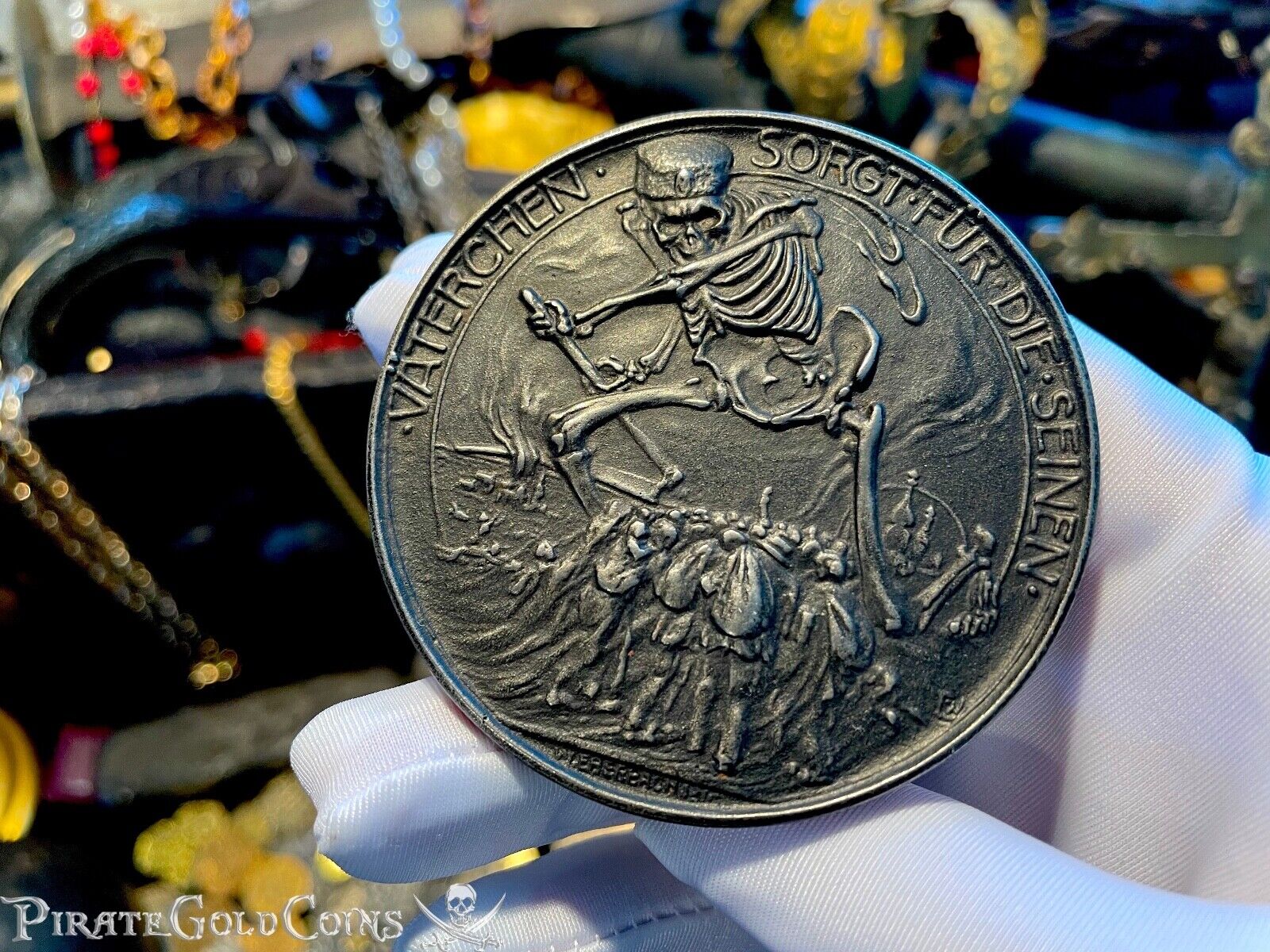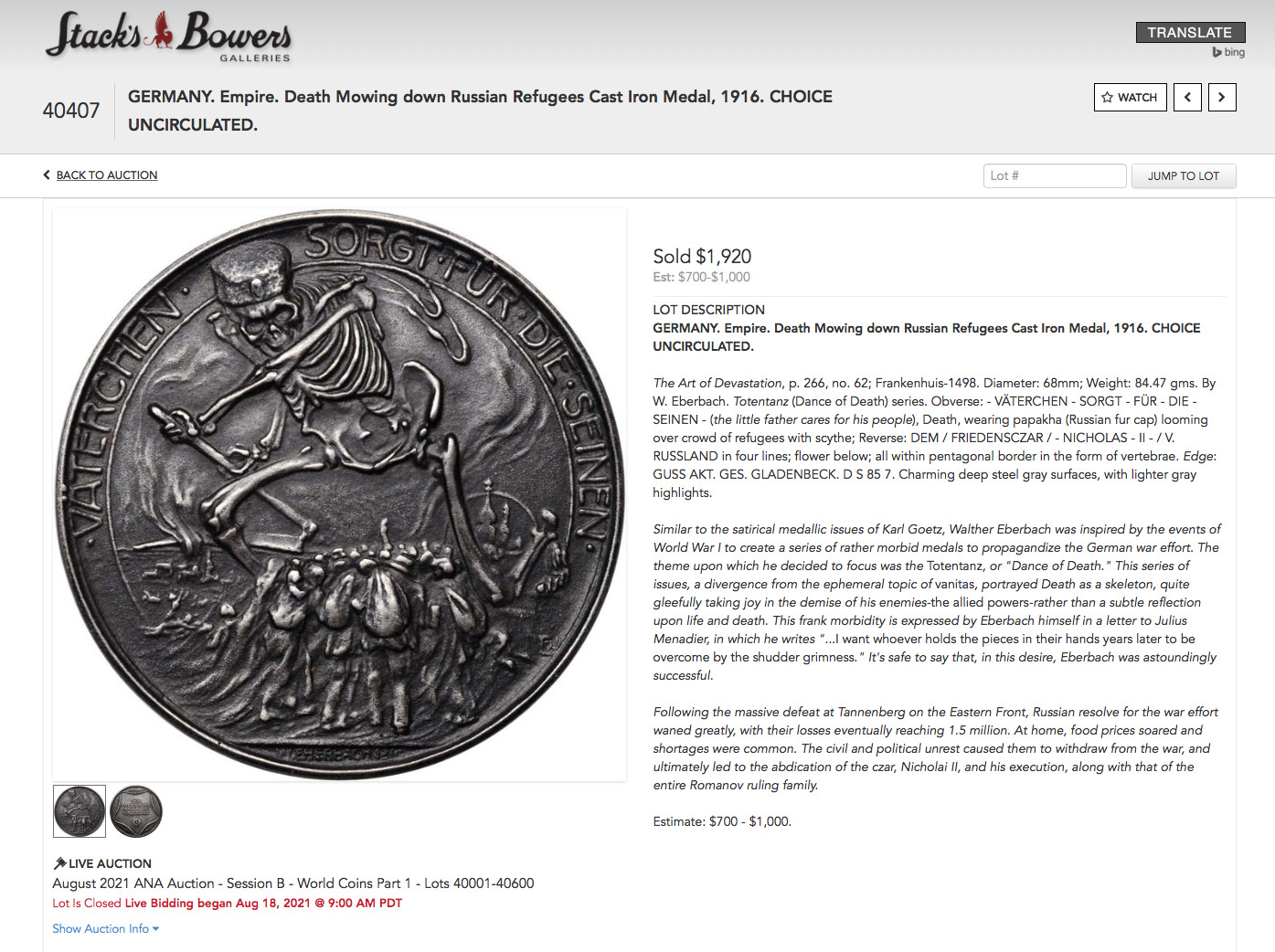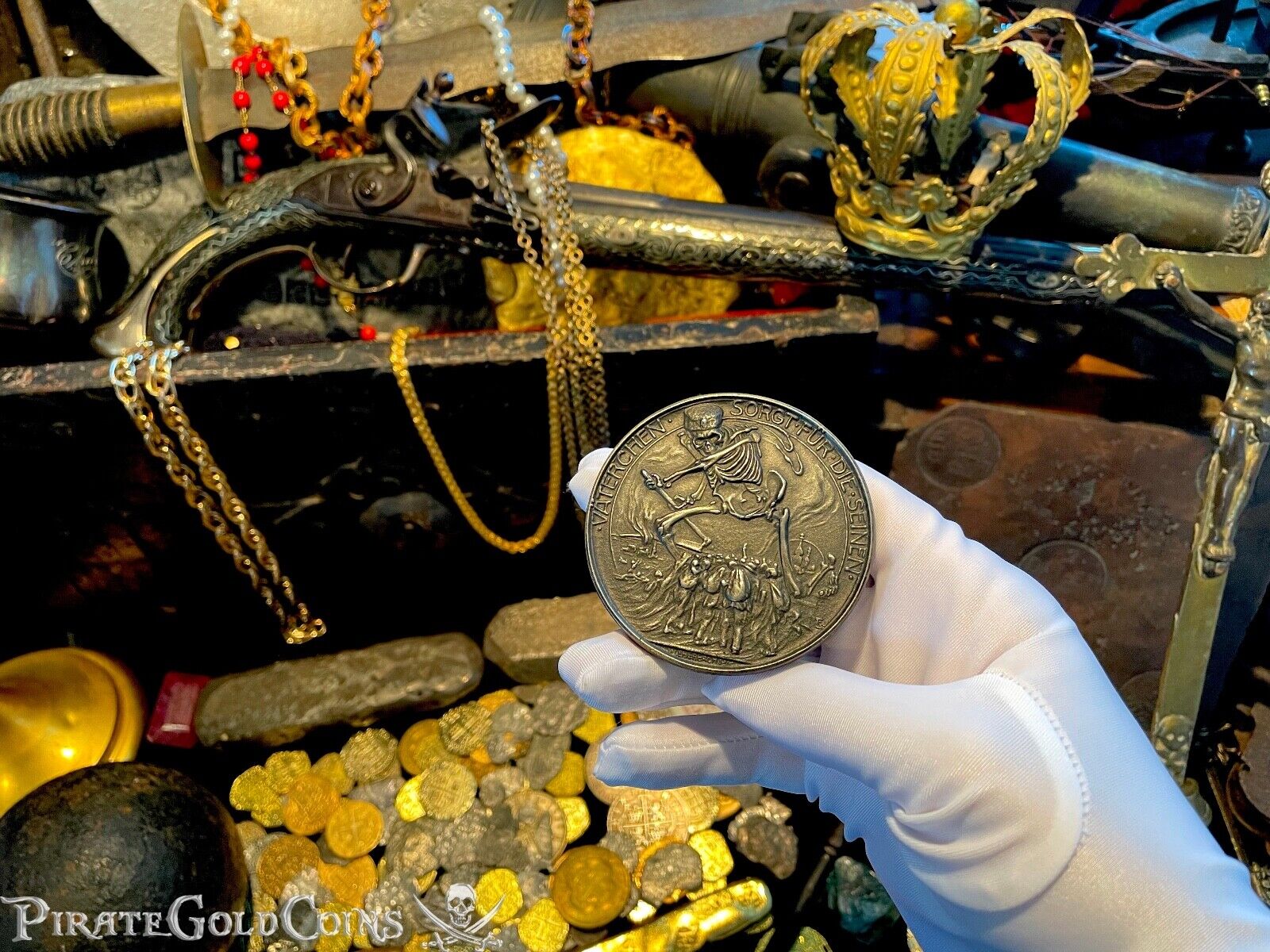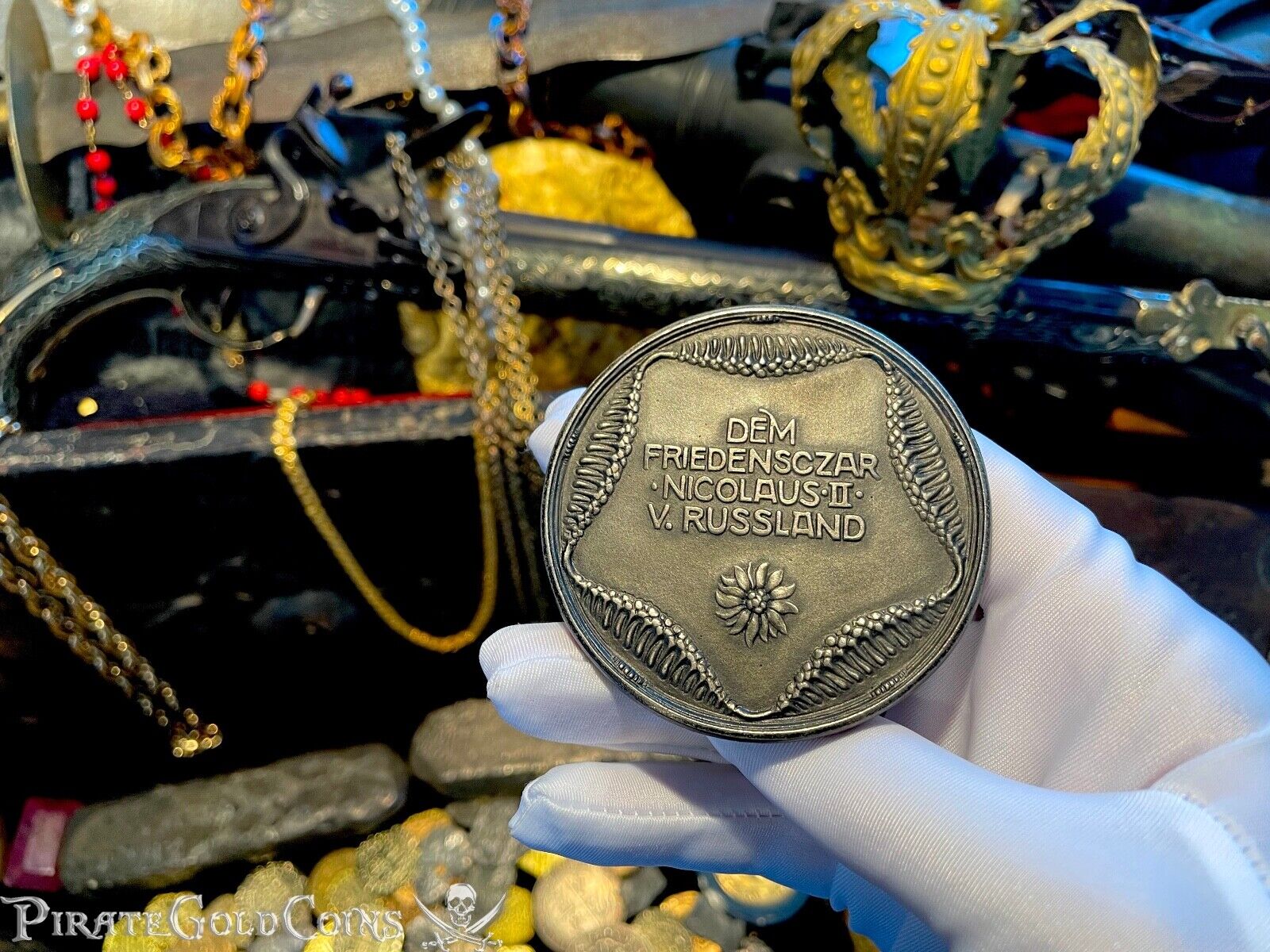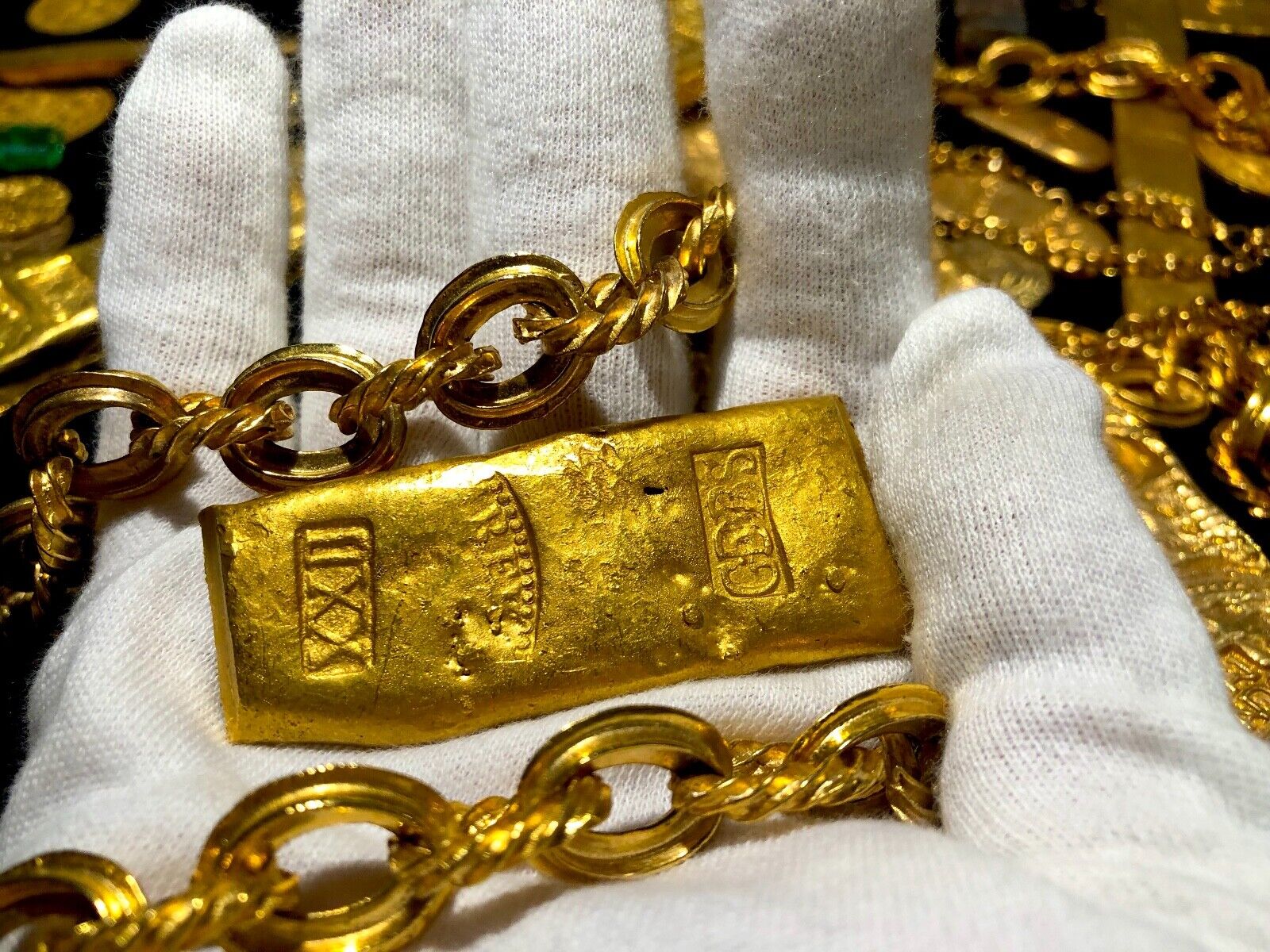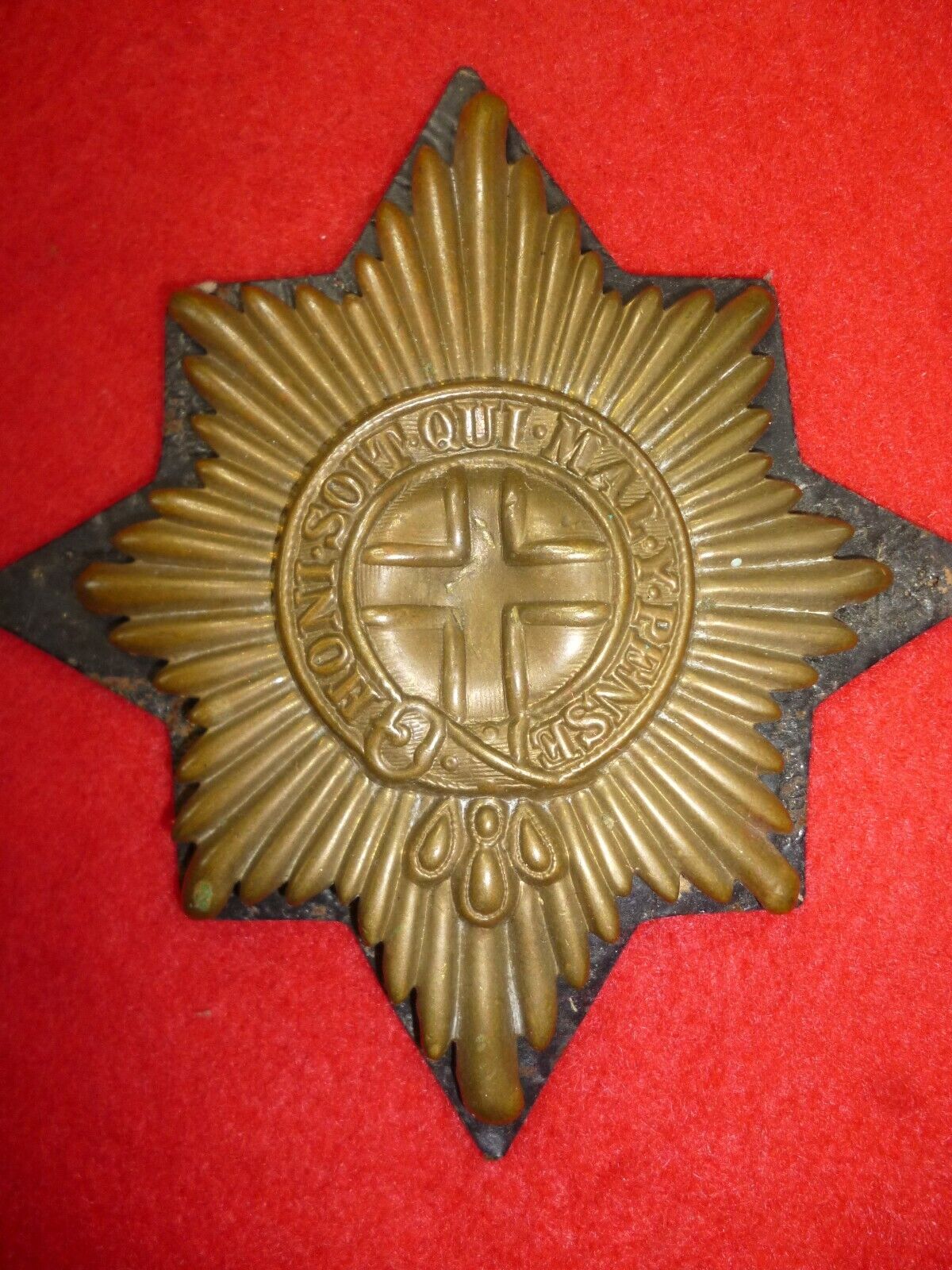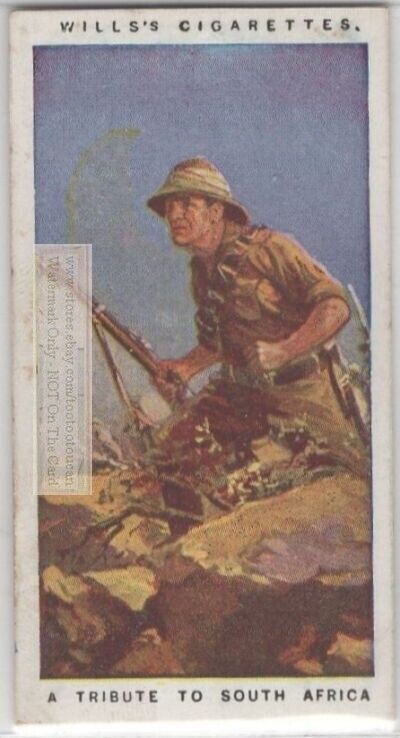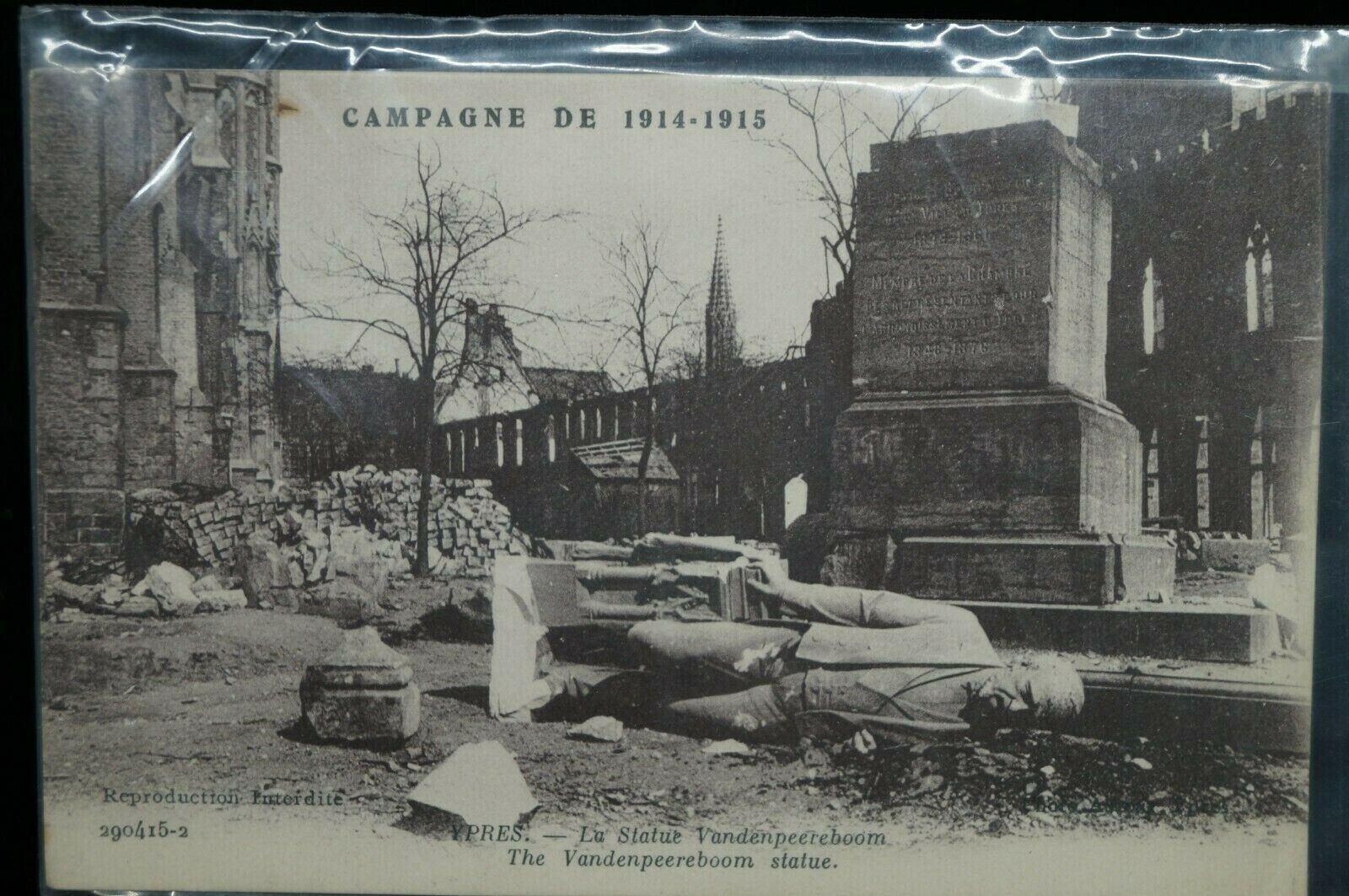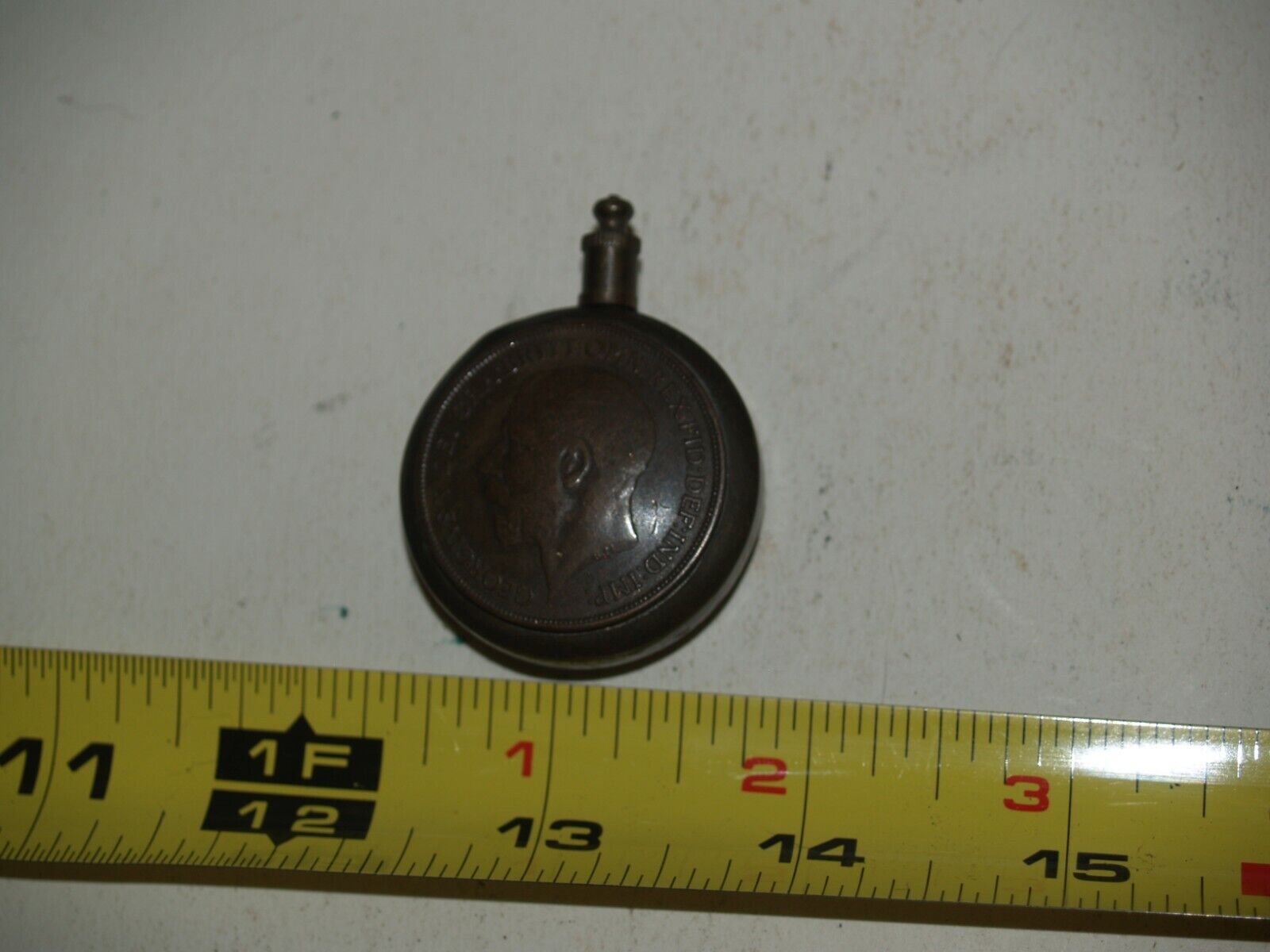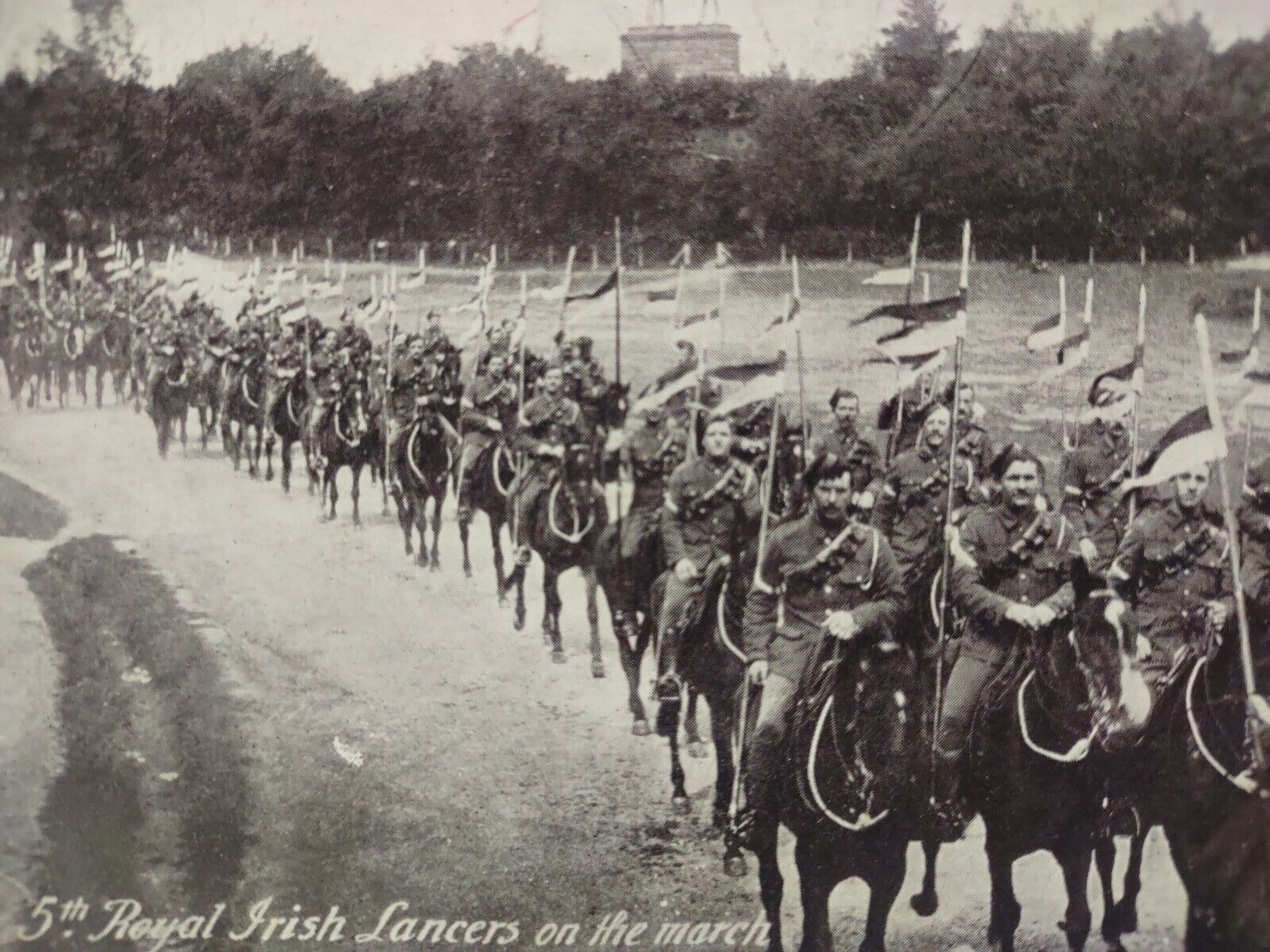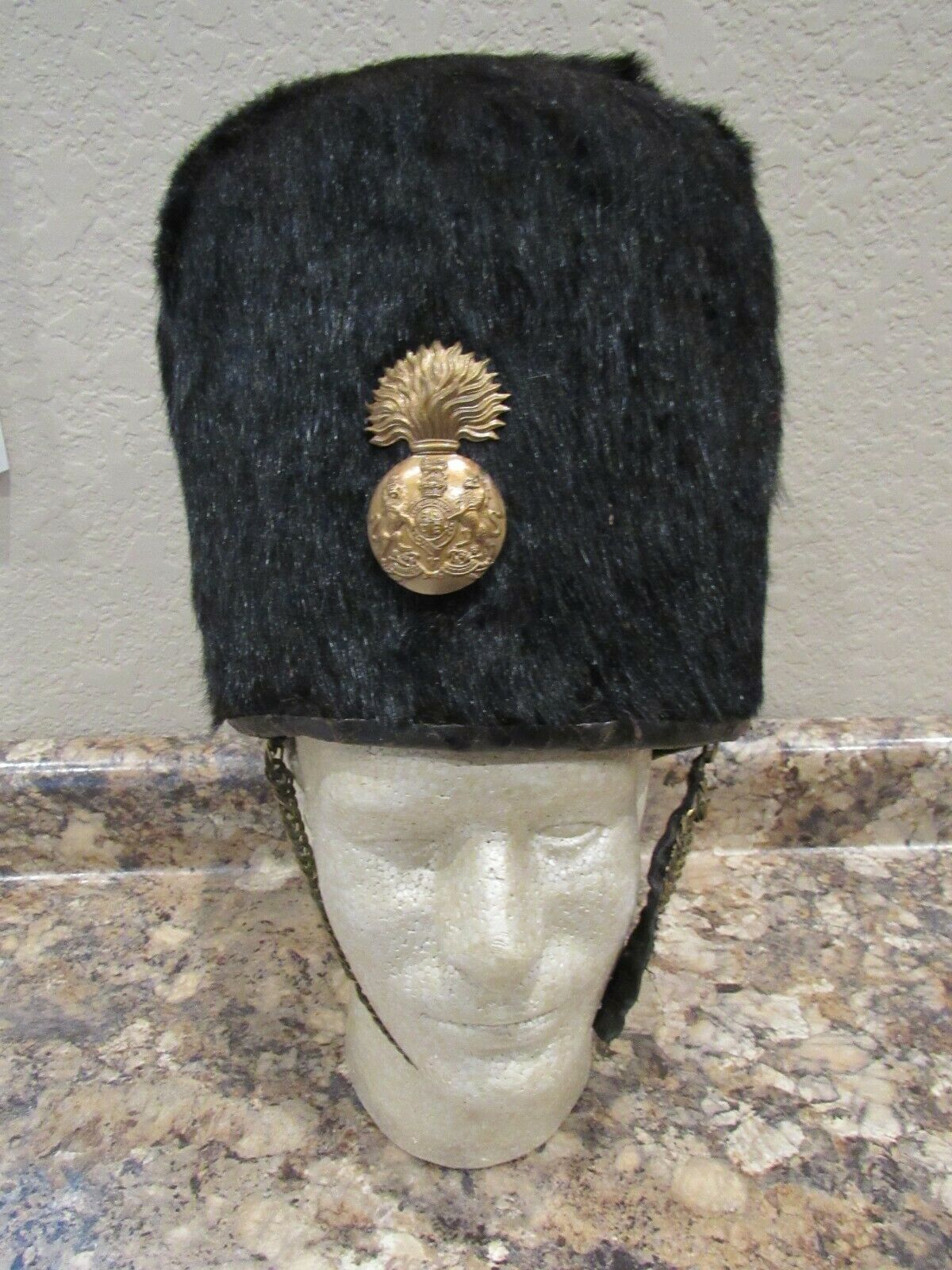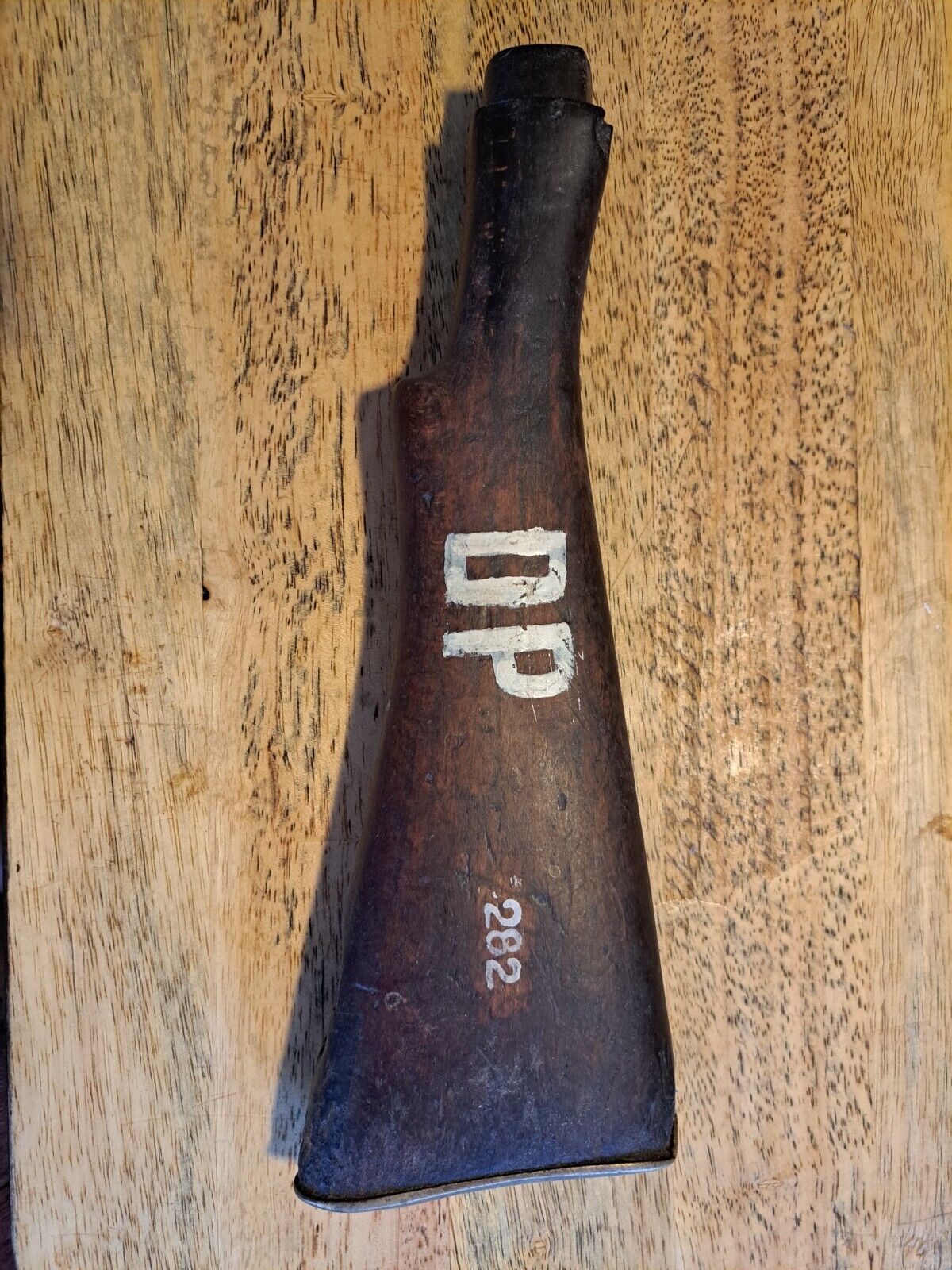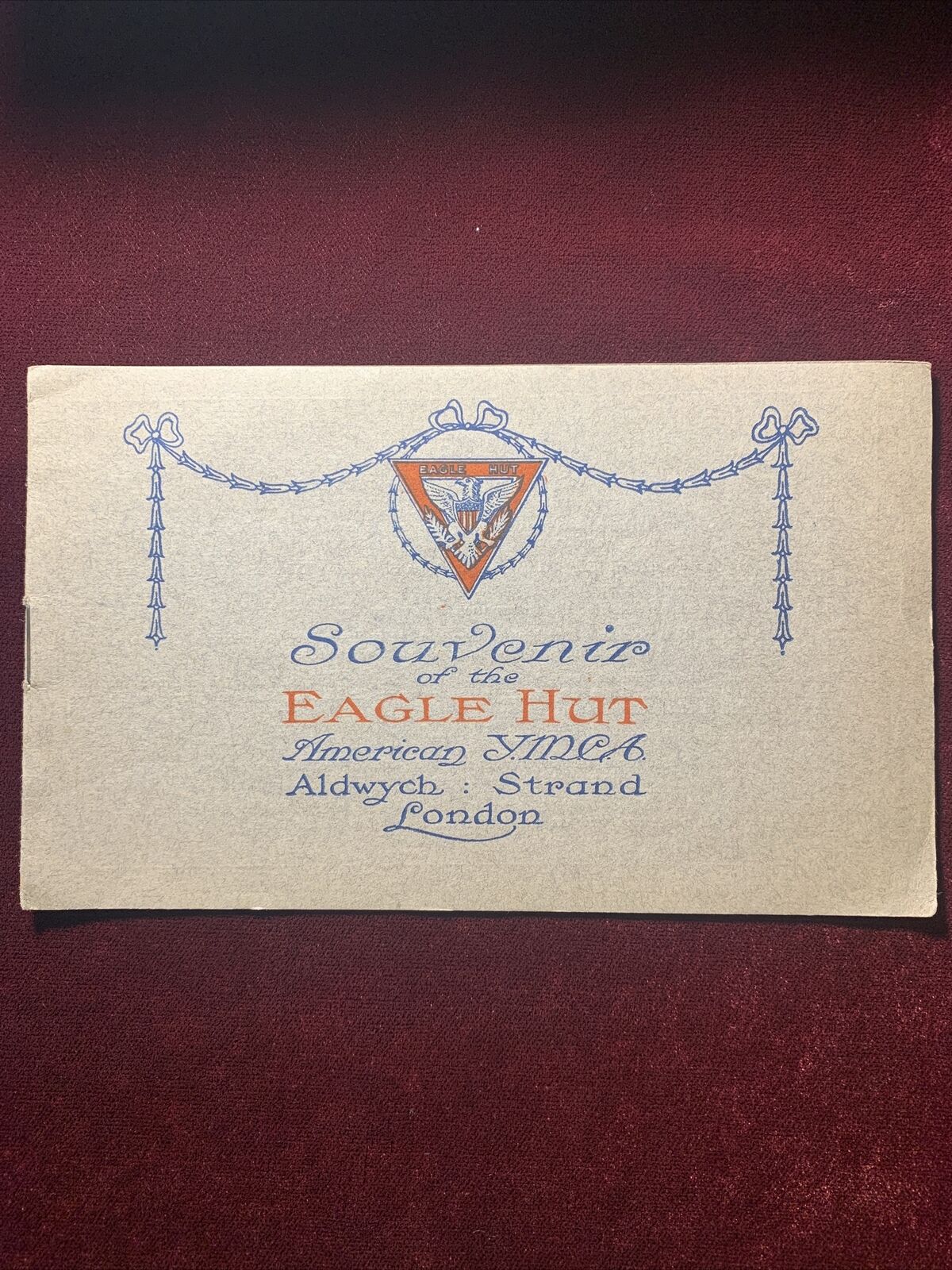-40%
GERMAN MEDAL 1916 DEATH MOWING RUSSIAN REFUGEES SKELETON PIRATE GOLD GERMANY
$ 1029.59
- Description
- Size Guide
Description
Germany Empire "Death Mowing Down Russian Refugees" Medal 1916Pirate Gold Coins Medal Treasure
(This is the exact piece sold in Stacks Bowers) GERMANY. Empire. Death Mowing down Russian Refugees Cast Iron Medal, 1916. CHOICE UNCIRCULATED.
The Art of Devastation, p. 266, no. 62; Frankenhuis-1498. Diameter: 68mm; Weight: 84.47 gms. By W. Eberbach. Totentanz (Dance of Death) series. Obverse: - VÄTERCHEN - SORGT - FÜR - DIE - SEINEN - (the little father cares for his people), Death, wearing papakha (Russian fur cap) looming over crowd of refugees with scythe; Reverse: DEM / FRIEDENSCZAR / - NICHOLAS - II - / V. RUSSLAND in four lines; flower below; all within pentagonal border in the form of vertebrae. Edge: GUSS AKT. GES. GLADENBECK. D S 85 7. Charming deep steel gray surfaces, with lighter gray highlights.
Similar to the satirical medallic issues of Karl Goetz, Walther Eberbach was inspired by the events of World War I to create a series of rather morbid medals to propagandize the German war effort. The theme upon which he decided to focus was the Totentanz, or "Dance of Death." This series of issues, a divergence from the ephemeral topic of vanitas, portrayed Death as a skeleton, quite gleefully taking joy in the demise of his enemies-the allied powers-rather than a subtle reflection upon life and death. This frank morbidity is expressed by Eberbach himself in a letter to Julius Menadier, in which he writes "...I want whoever holds the pieces in their hands years later to be overcome by the shudder grimness." It's safe to say that, in this desire, Eberbach was astoundingly successful.
Following the massive defeat at Tannenberg on the Eastern Front, Russian resolve for the war effort waned greatly, with their losses eventually reaching 1.5 million. At home, food prices soared and shortages were common. The civil and political unrest caused them to withdraw from the war, and ultimately led to the abdication of the czar, Nicholai II, and his execution, along with that of the entire Romanov ruling family.
